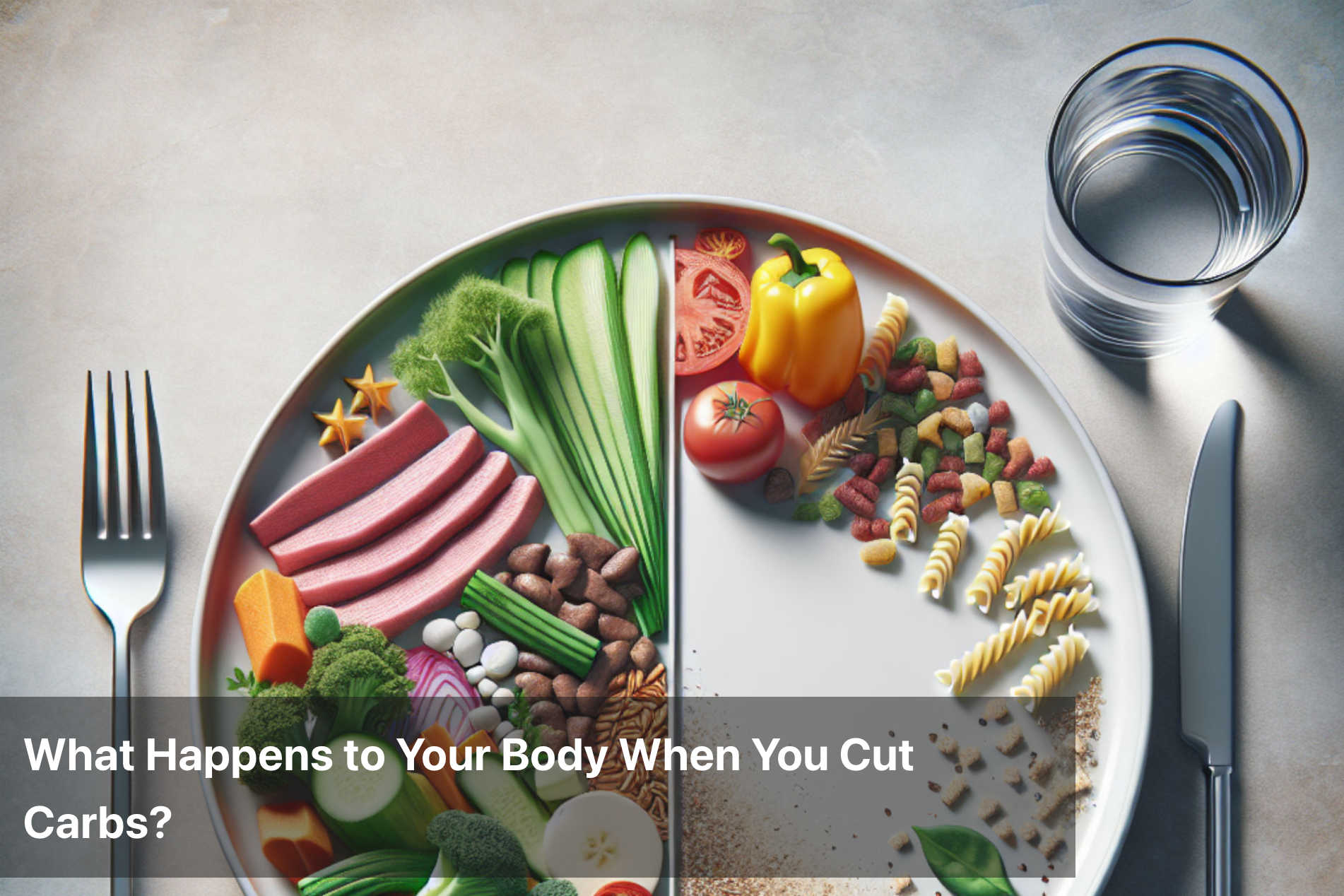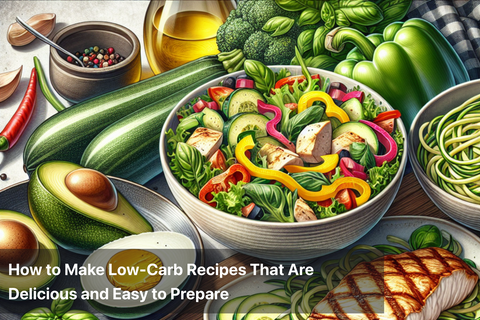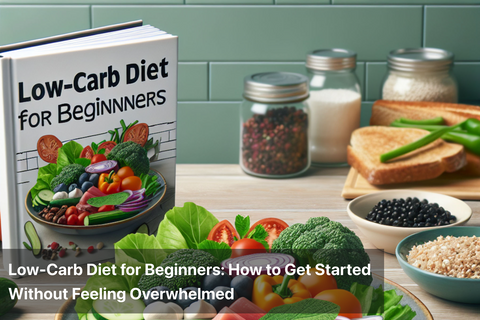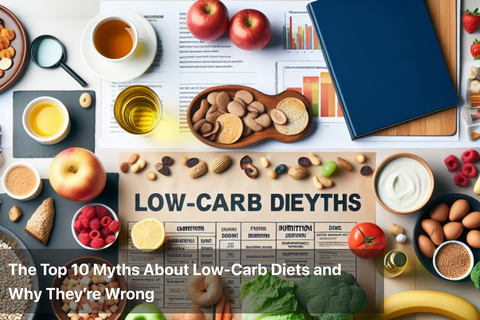
What Happens to Your Body When You Cut Carbs?
Carbohydrates are a primary source of energy in most diets. Found in foods like bread, rice, sugar, fruits, and processed snacks, carbs break down into glucose, which the body uses for fuel. When carbohydrate intake is reduced, the body undergoes several significant changes. These changes impact everything from metabolism and hormone levels to energy, appetite, and even mental clarity.
Reducing carbs—whether moderately or drastically—alters how the body sources energy and regulates internal functions. Understanding these changes helps in making informed dietary choices that align with personal health goals.

Your Body Starts Burning Fat for Fuel
One of the first major shifts that occurs when carbs are cut is a change in the body’s fuel source. With less glucose available, the body begins using stored fat for energy.
In very low-carb or ketogenic diets, this shift leads to the production of ketones, molecules made from fat in the liver. The body enters a state called ketosis, where fat becomes the dominant energy source. This switch improves fat-burning efficiency and can support sustainable weight loss.
Blood Sugar and Insulin Levels Drop
Carbohydrates cause a direct spike in blood glucose. In response, the body releases insulin, a hormone that helps shuttle glucose into cells. Frequent carb consumption, especially refined carbs, leads to repeated insulin spikes, increasing the risk of insulin resistance over time.
Cutting carbs lowers both blood sugar and insulin levels, which:
-
Supports better blood sugar control
-
Reduces fat storage
-
Enhances metabolic flexibility
-
Lowers the risk of type 2 diabetes
For individuals with insulin resistance, prediabetes, or type 2 diabetes, a lower-carb diet can be especially beneficial.
Appetite and Cravings Reduce
Reducing carbohydrate intake often leads to fewer blood sugar fluctuations. These fluctuations are responsible for sudden hunger, irritability, and sugar cravings. Without the highs and crashes that follow a high-carb meal, hunger becomes more manageable and predictable.
Additionally, a low-carb diet is typically higher in protein and healthy fats, both of which enhance satiety. This means:
-
Longer periods between meals without feeling hungry
-
Reduced desire to snack
-
Fewer cravings for sweets and processed foods
Over time, this natural appetite regulation can support consistent eating habits and weight loss.
Initial Water Weight Loss Occurs
Carbohydrates are stored in the body as glycogen, which binds to water in muscle and liver cells. When carb intake is reduced, glycogen stores are depleted—and with them, the water attached.
As a result, people often experience rapid initial weight loss, which is largely water weight. This drop can be motivating, though it’s important to understand it’s not fat loss at this stage.
Hydration becomes important during this time, as the body may excrete more fluids than usual.
Energy Levels May Dip, Then Stabilize
When first cutting carbs, many people experience a temporary drop in energy. This happens as the body adapts from using glucose to using fat and ketones for fuel.
During this adaptation phase, symptoms can include:
-
Fatigue or sluggishness
-
Headaches
-
Irritability
-
Brain fog
This temporary state is often referred to as the low-carb flu, lasting from a few days to a week. Once the body becomes fat-adapted, energy levels typically stabilize and may even improve, with fewer crashes and more sustained focus throughout the day.
Mental Clarity Improves Over Time
After the adaptation period, many report enhanced mental clarity, focus, and alertness. Ketones, the alternative fuel produced when carbs are low, provide a steady energy source for the brain.
Unlike the ups and downs caused by blood sugar spikes, a fat-fueled brain operates more steadily, which may result in:
-
Fewer energy slumps
-
Better mood stability
-
Improved concentration
This benefit is especially noticeable for people who previously relied heavily on sugar or refined carbs for energy.
Digestive Changes Occur
Reducing carb intake, especially from processed foods and sugars, can benefit gut health. With fewer fermentable carbs in the gut, bloating and gas often reduce.
However, cutting carbs without paying attention to fiber intake can lead to constipation. Including plenty of:
-
Leafy greens
-
Low-carb vegetables
-
Seeds (like chia and flax)
-
Nuts

Hormonal Shifts Begin
Carbohydrates influence several hormones, including insulin, leptin (hunger-regulating hormone), and ghrelin (the hunger trigger).
When carbs are reduced:
-
Leptin levels stabilize, improving hunger and fullness signals
-
Ghrelin decreases, reducing constant hunger
-
Insulin drops, lowering fat storage and supporting hormonal balance
For women with conditions like PCOS, cutting carbs may also lead to improved menstrual regularity, reduced acne, and better fertility outcomes due to lower insulin and androgen levels.
Summary
Cutting carbs leads to a series of interconnected changes in the body—from how energy is produced to how hunger, hormones, and inflammation are regulated. Initial changes like water weight loss and fatigue give way to more lasting benefits such as improved fat metabolism, better blood sugar control, reduced cravings, and enhanced mental focus.
For those seeking a sustainable way to improve health, reduce body fat, or manage metabolic conditions, reducing carbohydrate intake can be a powerful tool. The key is focusing on real, whole foods that nourish the body while keeping carbs in check.
This Blog post is an initiative by Lo! Foods, to provide accurate and Nutritionist / Doctor approved information related to Health. Lo! Foods is India's leading brand for Everyday Functional Foods. Foods designed for specific Health conditions or Needs. Lo! Foods also runs India's largest range of Low Carb Healthy Cloud Kitchens, under the brand names of Lo!, ProteinChef, ATH (All Things Healthy) and DiabeSmart.













Leave a comment
Your email address will not be published.